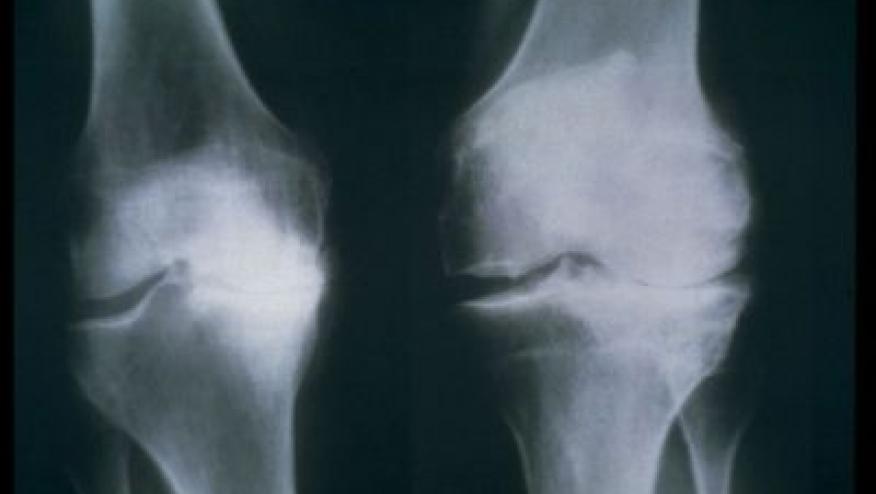Positive Results from the DOA (Duloxetine in OsteoArthritis) Study Save

A pragmatic, open-label trial of osteoarthritis (OA) patients demonstrated that adding duloxetine treatment seems to be beneficial for end-stage knee OA patients with neuropathic-like symptoms (at risk of central sensitization).
While duloxetine is approved for the treatment of chronic pain from OA, some studies have shown minimal to mixed results.
A total of 111 knee OA patients were enrolled if they had unresponsive OA of the hip or knee with neuropathic features (as a sign of a centralized pain. Many of these patients were on the waiting list for total joint arthroplasty.
Patients were randomized to 8-weeks of duloxetine compared to usual care in end-stage knee and hip OA patients with a level of centralized pain. Primary outcome was pain in the index joint, measured with the pain domain of the Knee injury and Osteoarthritis Outcome Score (KOOS) or the Hip disability and Osteoarthritis Outcome Score (HOOS).
Overall 44% felt "much to very much better" with duloxetine compared to 0% in the care-as-usual group (p < 0.001).
The duloxetine group scored 11.3 points (95%CI: 5.8, 16.8) better on the pain domain of the KOOS/HOOS (p < 0.001).
Knee patients improved significantly more than hip patients (18.7 [95%CI: 11.3, 26.1] versus 6.0 [95%CI: − 2.6, 14.5] points better). End stage Hip OA patients seem to be nonresponsive to duloxetine.
Adding duloxetine treatment seems to be beneficial for end-stage knee OA patients with neuropathic-like symptoms (at risk for central sensitization).










If you are a health practitioner, you may Login/Register to comment.
Due to the nature of these comment forums, only health practitioners are allowed to comment at this time.